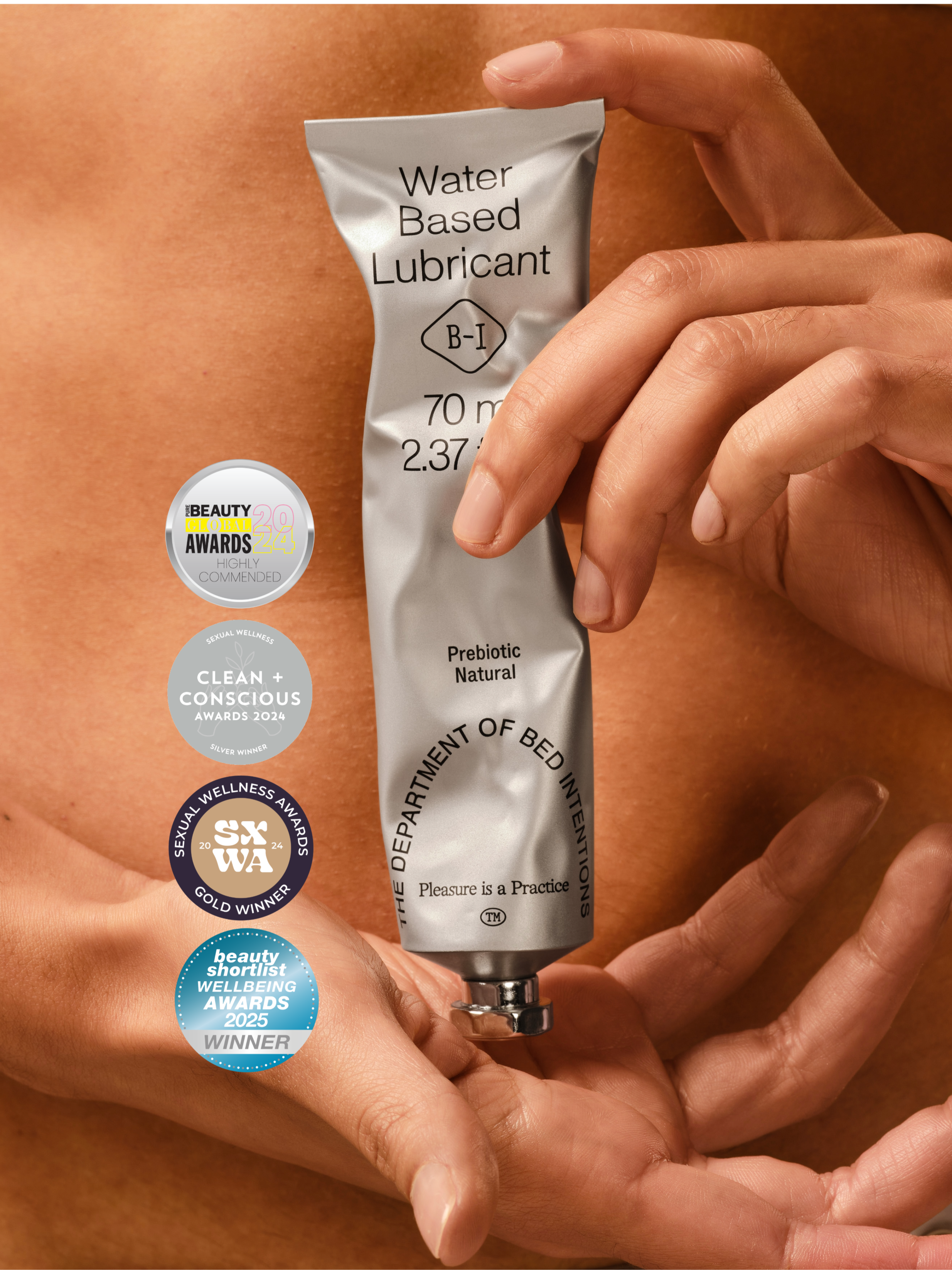“Do I need lube?” It’s a question often thought, but seldom asked. I’ve personally heard many a male friend say – “Oh, we don’t need lube ‘cause we’re young”.
This perspective, emblematic of broader societal attitudes, reflects a troubling misconception regarding the role of lube in intimacy.
For some, using lube is wrongly equated with sexual incompetence or a deficiency in natural bodily functions, particularly among women. Such misconceptions perpetuate a phenomenon known as "lube shaming," where individuals feel stigmatised for using lube. |
Implicit in this stigma is the notion that vaginal lubrication alone should suffice as a measure of arousal and femininity, dismissing the complex interplay of physiological and psychological factors in sexual experiences. Consequently, people may refrain from incorporating lube into their intimate lives, fearing judgment or embarrassment from their partners.
Yet, this reticence only serves to perpetuate the cycle of stigma surrounding lube use, inhibiting open dialogue and inhibiting the pursuit of mutually fulfilling sexual experiences. |
Okay, so, do I need lube or not?
Time in the bedroom is all about you, your partner, and both of your needs. We’re hesitant to tell anyone what to do or how to play. However, we’d be remiss if we didn’t mention the science. The data. The fancy statistics from people and institutions with authority.

The use of lubricants has been proven to increase sexual health and wellbeing, and that’s not just for women who are experiencing Vaginal dryness (dyspareunia) or menopause (by the way, dyspareunia affects women of all ages!). A study was done by the Centre of Sexual health Promotion in Indiana on 2,453 women. The studies showed that women indicated lubricant use made sex feel very pleasurable and more comfortable (65.5%).
Lubricant use can help to reduce pain and the likelihood of vaginal tearing. In addition to also reducing the risk of condom breakage, a good lube can also help provide better protection against various STIs due to less microtears associated with sex. Moreover, it can help with the sensation of sex with condom use.
Using lubricants not only improves the comfort of sex, but it increases women’s ability to orgasm, shorten the time to get to the “big O” and also the quality of orgasms and general pleasure.
If the data is so clear, why do we still ask, or wonder “Do I need lube?”
More importantly, if the studies overwhelmingly promote the benefits and preference for the use of lubricants, why is ‘lube-shaming’ still a thing? Why are so many of us ashamed to ask our partners, friends, selves, or the internet, “Do I need lube?”
Like most things in life, it's complicated.
Many of these studies seem to have been done on older, established couples who often exhibit greater communication within their partnerships compared to their younger counterparts.
These studies also predominantly focus on the physical aspect and advantages of vaginal lubrication, rather than delving into the intricate emotional dynamics preceding or accompanying it.
|
Fahs et al (2017) have tried to look into the psychology of sex by asking 20 American women how they would describe their feelings towards getting wet vaginal lubrication and noted that more than half had anxiety about the phenomenon, either being too dry or too wet.
|






